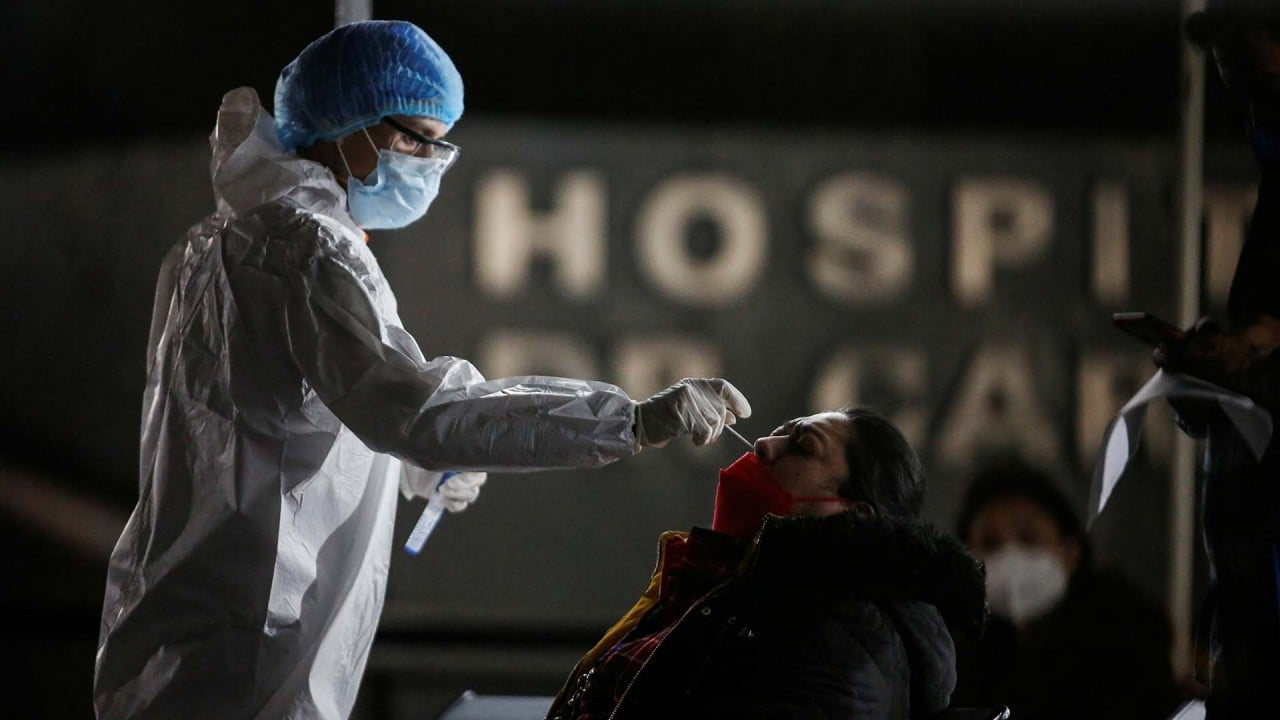
Vaccination is only a means of curbing the spread of coronavirus. Let’s focus on the goal instead
- With Omicron, there is a need to stem the mortality rate and keep hospital admissions in check, making the speedy development of treatments essential
- Pfizer’s Paxlovid shows 89 per cent effectiveness against Covid-19 and if proven in real-world tests the firm is morally obliged to allow affordable access
But let’s not mistake the goal for the means. Vaccination is only the means, the goal is to keep death and severity of illness to a minimum.
The voices rallying for vaccination are louder than those lobbying for drugs because governments, the science community and the media must contend with anti-vax campaigns and vaccine hesitancy.
‘Stealth Omicron’ more infectious than original strain, Danish study shows
But to hit the bullseye, the same level of attention should be given to speeding up the availability of treatment – and there is hope for effective treatment.
The company has signed a deal with the United Nations-backed Medicines Patent Pool (MPP) to allow selected companies to produce a generic version for lower-income countries.
However, supply will not start until the end of this year because it takes longer to produce the generic version of the drug, which is delivered alongside another medicine, ritonavir, according to MPP.
The MPP will announce by late this month which companies are licensed to produce the drug, although they can only supply designated developing countries.
Sub-licences have been given out for an antiviral drug made by Merck, but its effectiveness is relatively low at 30 per cent.
Of course, more real world data is needed to see how effective the Pfizer pills are. If they are proven effective against Omicron and safe in large-scale use, the company has a moral obligation to allow the world’s population to gain access to this pandemic medicine at affordable prices.
Chinese researchers say their ‘godsend’ antibody may neutralise Omicron
Producing treatment is realistic: making generic versions of a small molecule drug is cheaper and easier than making vaccines.
But for it to be a game changer, the availability of accurate tests is crucial, because no medicine can be given without first having a diagnosis.
But at the very least, we should be moving faster on both the treatment and diagnostic fronts.


